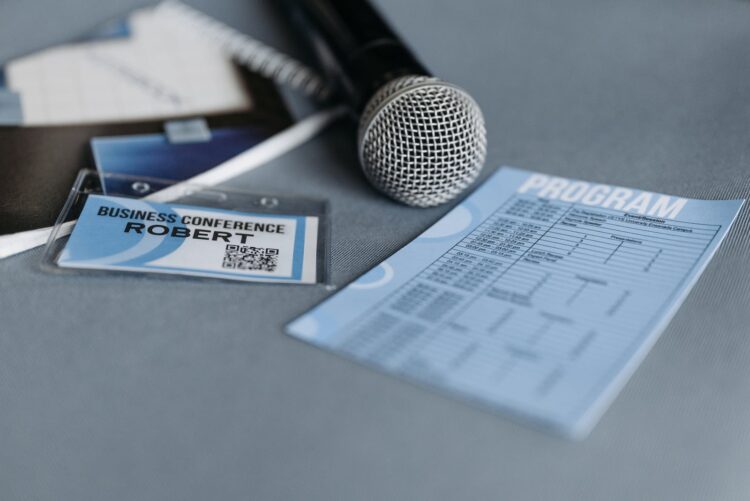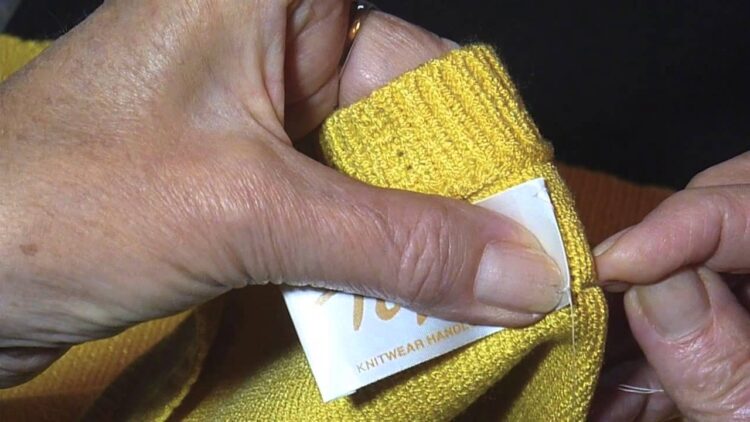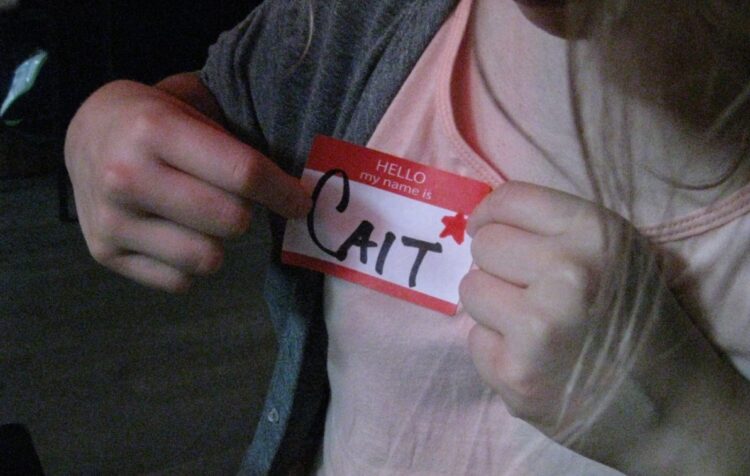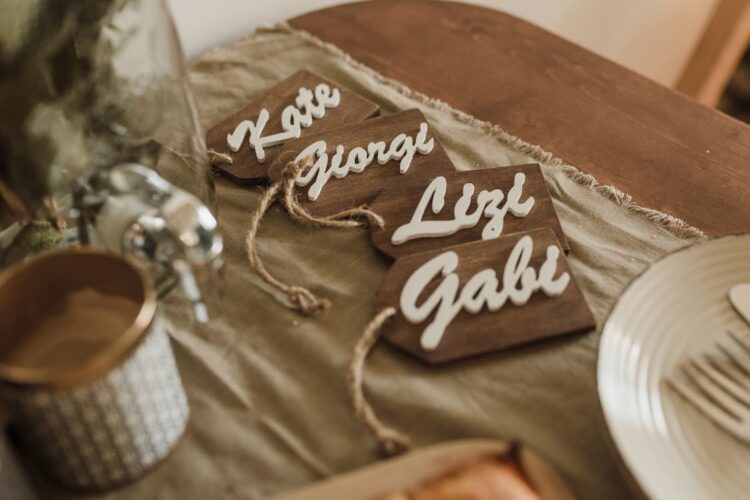Name tags, while seemingly small and inconsequential, play a vital role across a variety of settings. These settings can be as diverse as a professional business conference, a social gathering, or within the functioning of an organization. They serve as an effective tool for identification and facilitate seamless communication.
Further, they foster a welcoming atmosphere and a sense of community, bridging the gap between individuals who may be meeting for the first time. In this comprehensive blog post, we will delve deep into the realm of name tags, exploring different types, materials, styles, and extensive customization options available.
This exploration aims to equip you with the knowledge to select one that best fits your specific requirements.
Page Contents
Materials for Name Tags
Choosing the right material for your name tags is not a decision to be taken lightly. It can significantly influence the durability, aesthetics, cost, and the overall impression that the name tags create. Common materials used include plastic, metal, wood, and fabric, each with unique properties.
Plastic, being versatile and economical, is apt for a wide array of settings. Metal, on the other hand, brings a sense of sophistication, making it a popular choice for corporate environments.
Wood and fabric ones provide a unique, earthy appeal, making them suitable for less formal events or for organizations that want to showcase their commitment to sustainability.
Your choice of material should be guided by a clear understanding of the specific needs and tone of your event or organization.
Plastic Made Tags

Source: pexels.com
Plastic name tags enjoy immense popularity due to their versatile and cost-effective nature. These can be engraved or printed with names, designations, and logos, and are available in a wide spectrum of colors. This allows for extensive customization to fit any organizational brand or event theme.
Also available are reusable plastic tags, which offer an added layer of versatility. They can be updated with different names as per requirement, making them a practical choice for events or organizations that experience frequent personnel changes.
Metal Kind
Metal name tags exude a sense of elegance and durability, which makes them a perfect fit for a professional environment. Popular metal options include stainless steel, aluminum, and brass. Each of these metals has its unique properties and aesthetic appeal.
Metal ones can be finished in a variety of ways – engraved, embossed, or etched. These finishing options allow for significant customization while maintaining an undeniably polished and professional look.
Wood Made Products
If you’re looking to convey a sense of natural beauty and a rustic vibe, wood name tags are a great choice. Different types of wood like oak, cherry, or bamboo each bring their unique characteristics and grain patterns to the table, adding a touch of nature to your product.
Customization options include laser engraving or hand-painting, allowing you to create truly unique products. Wood ones are a sure way to stand out and make a statement about your organization’s unique personality.
Fabrication

Source: youtube.com
Fabric name tags find their use predominantly in casual or informal settings. Known for their comfort and flexibility, these are great for events or conferences where attendees might be wearing them for extended periods. The customization possibilities with fabric tags are extensive.
You can choose from a wide range of font styles and colors, and even opt for intricate embroidery, making these an ideal choice for showcasing creativity and brand personality.
Magnetic Ones
Magnetic name tags have carved a niche for themselves due to their ease of use and the fact they do not damage clothing. They can be made from different materials like plastic or metal and customized with various designs and logos.
The strength of the magnet ensures the tag stays in place securely, even on thicker materials, making these products a smart and stylish choice for any setting.
Clip-On Name Tags
Clip-on name tags offer a perfect balance of convenience and professionalism. They can be easily attached and removed without causing any damage to clothing. Available in various clip styles such as swivel clips or alligator clips, they provide versatility and are user-friendly.
The ease of attaching and removing clip-on name tags makes them a reliable choice for fast-paced professional settings.
Pin-On Name Tags

Source: en.wikipedia.org
Despite potential concerns with fabric damage or discomfort, pin-on name tags have managed to stay a staple in conferences and corporate events for years. There are various pin styles available, such as butterfly clutches or magnetic pins, offering a range of options for attachment and comfort.
These traditional name tags, with their easy accessibility and wide use, often become the go-to choice for event organizers.
Reusable Name Tags
For organizations with a focus on sustainability and cost-effectiveness, reusable name tags are an ideal choice. These name tags can be made from various materials and customized to fit the event or brand aesthetic.
They offer an environmentally friendly option that also reduces the cost of having to create new tags for each event or for new team members, making them a practical and responsible choice.
Customization Options
The true beauty of name tags lies in their immense potential for customization. You can select from a range of font styles, colors, and even add logos or graphics. This means that each name tag can be a true reflection of the individual’s personality or a representation of the brand’s image.
By considering creative and unique name tag designs, you can create a memorable impression, effectively conveying your brand identity and making every interaction count.
Conclusion

Source: pexels.com
In this blog post, we have journeyed through the various types of name tags, exploring their materials, styles, and the vast array of customization options.
This exploration underscores the importance of choosing the appropriate name tag that is not only functional but also resonates with the specific tone of the settings and events. By thoughtfully considering your needs and preferences, you can select name tags that best represent your brand or identity.
This, in turn, will help create a harmonious, inclusive, and professional atmosphere that encourages interaction and fosters relationships.





